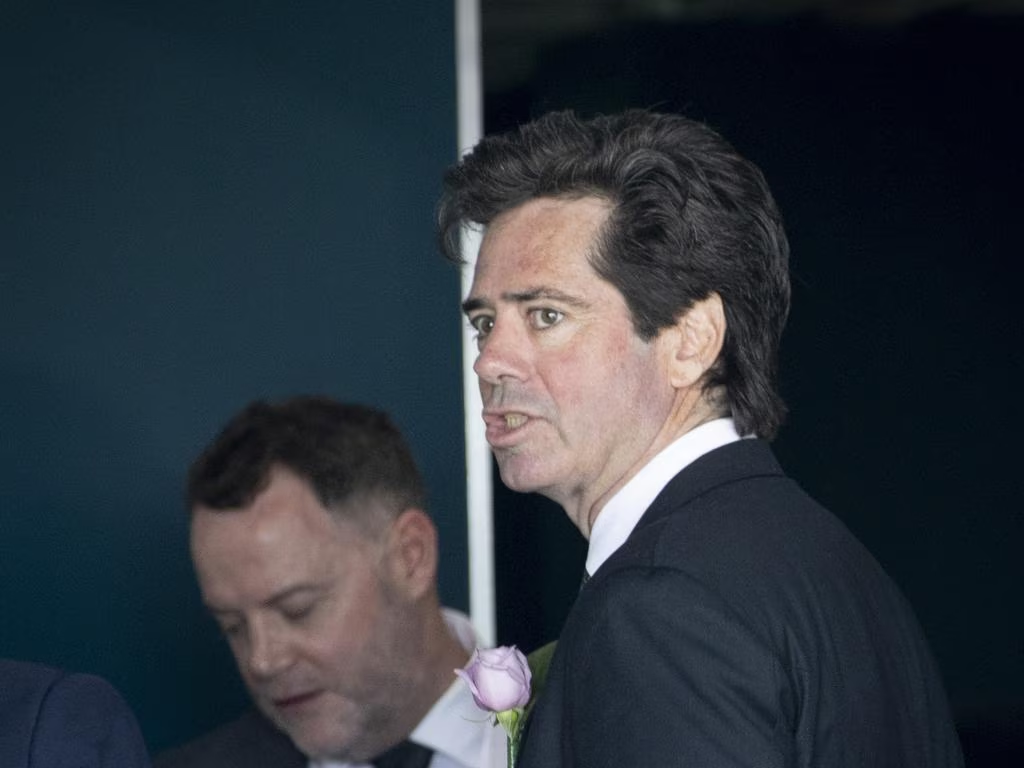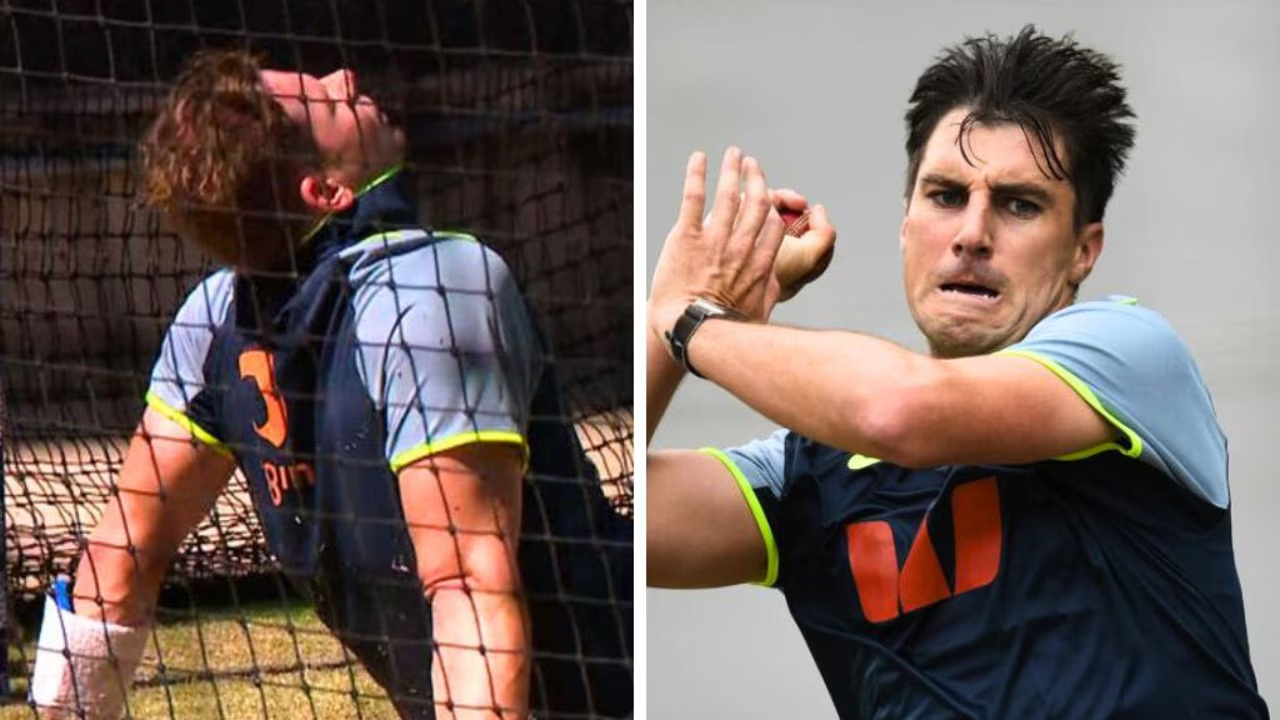Supreme Court issues notice to EC as Kerala Government, political parties seek deferment of SIR

The Supreme Court of India issued notice to the Election Commission of India (EC) on Friday (November 21, 2025) on a batch of petitions filed by the Kerala Government, the State Secretary of the Communist Party of India (Marxist) and the Indian Union Muslim League seeking the deferment of the Special Intensive Revision (SIR) of the electoral rolls in the State as the “cumbersome” exercise would clash with the local bodies elections.
A three-judge Bench headed by Justice Surya Kant urgently listed the petitions for hearing and orders on November 26.
SIR 2.0: All about enumeration form, draft roll, appeal against exclusion
The SIR process is scheduled from November 4 to December 4, 2025. The Kerala State Election Commission has decided to conduct elections to the LSGIs in the State on December 9 and December 11, 2025.
The State Government, represented by advocate C.K. Sasi, has pointed out that the simultaneous conduct of the SIR and elections would be a “near impossibility”. “SIR is a huge exercise requiring deployment of 1,76,000 personnel from government and quasi-governmental services for election-related duties and further 68,000 police and other security personnel. SIR is also a comprehensive process with a cumbersome procedure,” it submitted.
The Communist Party of India (CPI), a partner in the ruling Left Democratic Front (LDF) in Kerala, has also moved the apex court separately seeking not only the deferment of the SIR but also a judicial direction to quash the revision process, which has now spread to 12 States and Union Territories after Bihar.
The petition filed by the CPI, through State secretary Binoy Viswam, represented by advocate Sriram Parakkat, said the SIR was a deliberate plan to “weed out” registered voters who form the support base for Opposition parties.
“The unconstitutional and arbitrary SIR exercise affects not merely an isolated individual or class, but every registered elector in Kerala, thereby justifying invocation of Article 32 (writ jurisdiction) by a national political party whose members, cadres, supporters, and constituents Statewide stand to be disenfranchised,” the CPI petition.
The Communist Party of India (Marxist), which leads the LDF, filed the petition through State secretary M.V. Govindan. The CPI(M) was represented by senior advocate Ranjit Kumar, who highlighted that simultaneous conduct of SIR and local bodies elections would cause an immense strain on human resources in Kerala.
The Indian Union Muslim League, who filed through general secretary P.K. Kunhalikutty and represented by senior advocate Kapil Sibal and Haris Beeran, alleged the move to hold SIR in tandem with local bodies elections was “loaded with ulterior motives”.
“The Model Code of Conduct has come into force in the State. It is at this stage and in the same period that the EC has stipulated SIR for Kerala. This means that the State and its machinery would be fully pre-occupied with the local body elections and, simultaneously, the SIR has to be also conducted. This creates a situation where the State machinery, including the Booth Level Officers (BLO) would not be in a position to conduct SIR because of the pressure of work on both counts,” the IUML contended.
Separately, Barabanki MP and Congress leader Tanuj Punia has challenged the conduct of SIR in Uttar Pradesh. “So, now all the political parties have started coming about the SIR,” Justice Kant remarked.
Earlier in November, Tamil Nadu’s ruling party Dravida Munnetra Kazhagam (DMK) and leaders from West Bengal had approached the Supreme Court challenging the constitutionality of the SIR exercise.
Pointing out that the second phase of SIR, announced by the EC on October 27, DMK highlighted that the fate of 51 crore voters across the 12 States and Union Territories were at stake.
It had argued that the unilateral imposition of such an unprecedented, resource‑intensive and socially disruptive process without consultation with State Governments or demonstrable administrative exigency transgressed the federal structure of the Constitution.
Tamil Nadu and West Bengal leaders in the Supreme Court have termed the SIR as a “constitutional overreach” and a thinly-disguised, “de facto” National Register of Citizens (NRC). The Kerala petitions would be heard along with the DMK challenge on November 26.
Published – November 21, 2025 03:02 pm IST





